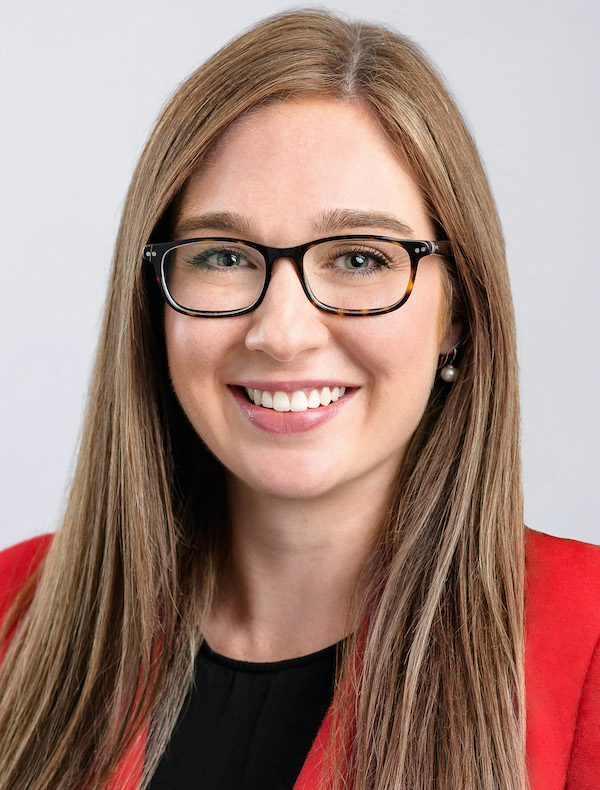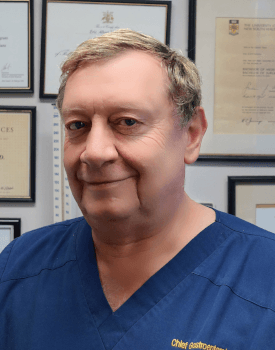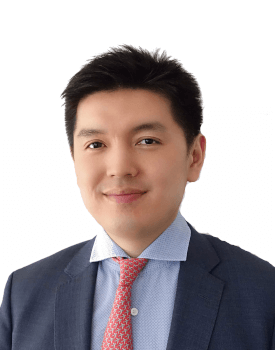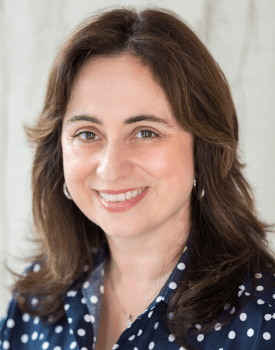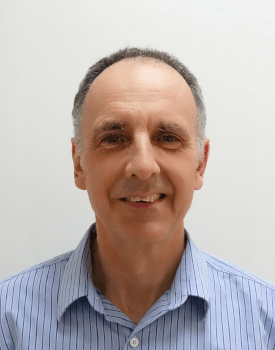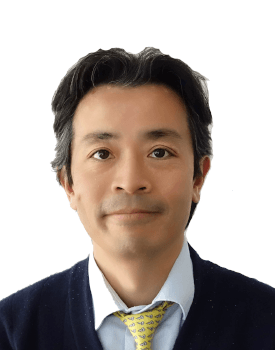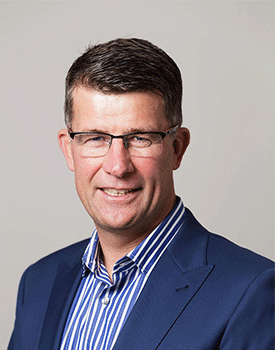OESOPHAGITIS
OESOPHAGITIS
What is oesophagitis?
Your doctor has examined your oesophagus (gullet) and stomach with an instrumet called a gastroscope and has found inflammation of the lining of the oesophagus and this is called oesophagitis. This may be the reason for discomfort behind the breast bone (heartburn).
What is the cause of this inflammation?
The lining of the gullet is different from the lining of the stomach and because the contents of your stomach (which contains digestive juices ie. acid and chemical enzymes) rises into the oesophagus it can irritate this lining causing inflammation. This process is called reflux. Normally the valve (sphincter) at the lower end of the gullet prevents this reflux, however this valve can become weak or overstrained allowing fluids to escape.
What can cause reflux?
This is not always understood. Pregnancy, drinking coffee and/or alcohol, eating fatty food or chocolate can all weaken the valve temporarily; weight gain or bending can also put extra strain on the valve. Medications for asthma and bronchitis can contribute to reflux. Medications, espically pain relievers containing aspirin, may also irritate the oesophagus if they do not pass through quickly, ie. if not taken with fluids.
What may happen if the inflammation is not treated?
Everything we swallow passes through the oesophagus. If this is inflamed, swallowed material may hurt as it passes down and occasionally large pieces may stick for a moment. If sticking becomes frequent it may suggest persistent inflammation leading to narrowing of the oesophagus(stricture).
How can inflammation be healed?
The most important treatment you can do yourself!
• Lose any excess weight, for some patients this is all that is required.
• If you are a smoker, stop smoking.
• Avoid large meals and eating late at night. (Do not eat or drink anything for about two hours prior to going to bed).
• Limit your coffee and alcohol intake.
• Do not bend or stoop to do things if it can be avoided.
• It may help to sleep with the head of the bed raised 10-18 cms on bricks or blocks to reduce the reflux at night. Simply sitting propped up on pillows is less satisfactory as you may slip off whilst asleep.
Medications.
Yor doctor may prescribe medication which helps neutralise acid in the stomach or reduce the volume and strength of acid produced and thereby make it less irritating to the lining of the oesophagus.
OUR SPECIALISTS
SERVICES
OUR ADDRESS
| Level 10 & 11, 1 Newland Street Bondi Junction NSW 2022 |
| Level 10 : Procedures |
| Level 11 : Consultations |


